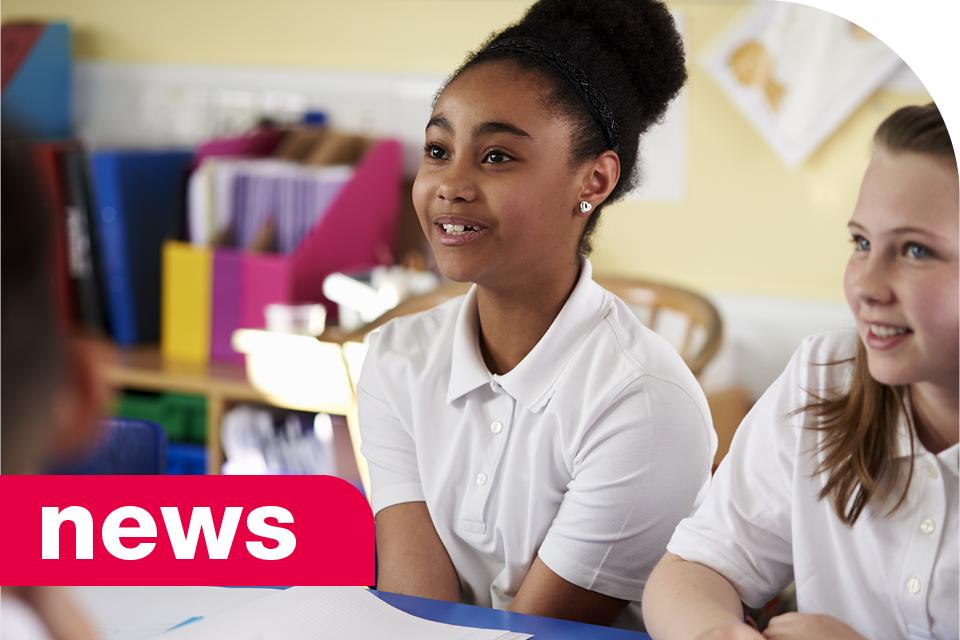As children across the country return to their classrooms after the half term break, the UK Health Security Agency (UKHSA) is reminding parents of the simple steps they can take to reduce the spread of stomach bugs and winter illnesses to ensure they stay healthy this term and keep strong this winter.
We are now beginning to see cases of flu and norovirus increasing as we head into the winter months, with norovirus activity in the past two weeks more than double the 5-season average for the same 2-week period and flu steadily increasing over the past few weeks.
Teaching good hygiene habits
Parents are urged to encourage good hygiene habits in their families, such as handwashing and using a tissue to catch coughs and sneezes. Regularly washing your hands with soap and warm water for 20 seconds or using hand sanitiser when convenient, is one of the most effective ways to stop the spread of germs.
Knowing when to keep your child at home and when to send them to school
Children are encouraged to stay in school or nursery with symptoms such as a runny nose, sore throat or slight cough (if otherwise well and do not have a high temperature), but should stay home if they’re displaying symptoms such as having a fever (they should stay home until the fever has passed and they are well enough to attend) or diarrhoea and vomiting (children should stay home for at least 48 hours after these symptoms clear up).
Stopping the spread of stomach bugs
Stomach bugs spread easily in schools and nurseries. If you or your child have diarrhoea and vomiting, washing your hands with soap and warm water and using bleach-based products to clean surfaces will help stop infections from spreading. Don’t prepare food for others if you have such symptoms or for 48 hours after symptoms stop. If you are unwell, you should also avoid visiting people in hospitals and care homes to avoid passing on the infection to those more vulnerable. It’s important that all children are given the opportunity to start the year in good health, which is why it’s important not to return to school, nursery or work until 48 hours after symptoms have stopped.
Getting vaccinated
Infections such as flu, which see a seasonal increase in winter, are easily protected against with vaccination. All primary school age children, those aged 2 years (who have turned 2 years old before the 1 September 2024) and all 3 year olds (and secondary school children from Year 7 to Year 11) are eligible for the flu vaccine, which beyond protecting the children themselves and the school community, will also protect elderly relatives.
It’s also important to ensure your children are up-to-date with their routine vaccinations, which protect against diseases such as measles, mumps, rubella, diphtheria and polio. UKHSA is continuing to see cases of measles, which is easily prevented with vaccination. If parents are unsure of their child’s vaccination status, they can check their child’s red book or contact their local GP.
Dr Richard Pebody, Director, Clinical & Emerging Infections at UKHSA, said
As children return to school after the half term holidays, it’s important that they get off to the best start possible ahead of winter. Staying healthy and taking simple steps to reduce the spread of illness will ensure children and their families experience less disruption at this important time of year.
Each winter, we see an increase in acute respiratory and gastro-intestinal illnesses, however it only takes simple steps to reduce the spread of most of these infections. By following advice on good hygiene habits, knowing when to keep your child off school and taking up the opportunity to get vaccinated, parents are protecting their children and the wider school community.
UKHSA’s e-bug resources for all ages can help you to explain and discuss hygiene habits and their importance, to your child or teenager.
NHS UK also provides easily accessible guidance for parents to help manage winter illness at home.






